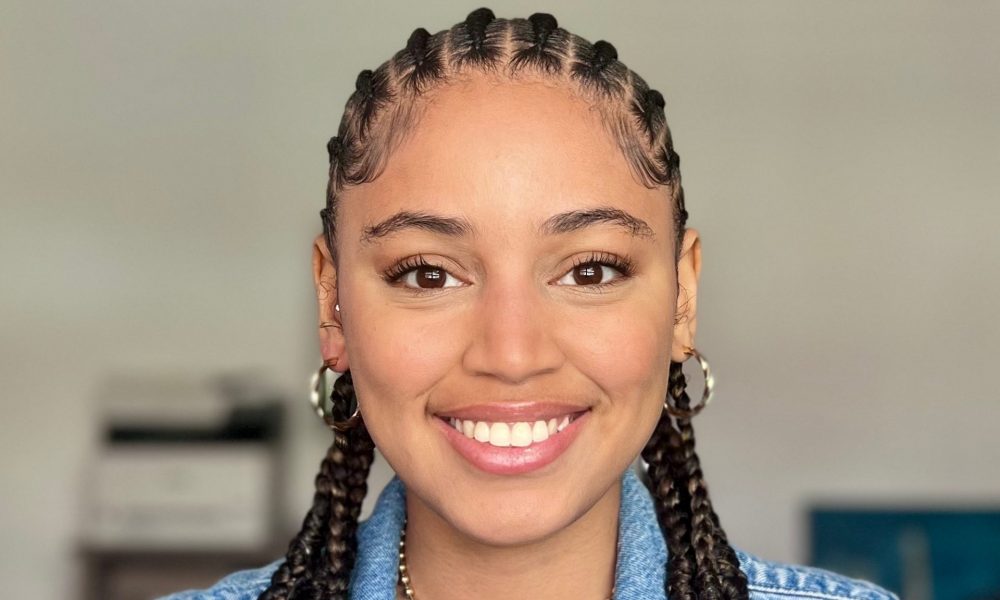

Today we’d like to introduce you to Amirah Adem.
Hi Amirah, so excited to have you on the platform. So, before we get into questions about your work life, maybe you can bring our readers up to speed on your story and how you got to where you are today.
I am originally from Stone Mountain, Georgia, a small town near Atlanta. I am half South African and half Ethiopian. I have always enjoyed storytelling in all forms. I had developed a poetry slam club in my high school, but once I got to college, I was diving into the medical and computer science field, not feeling completely satisfied with my work. I was not happy and quickly changed my major to media studies; that is when I was introduced to the idea of working with film. I knew I had to get more hands-on experience, so I would work as an extra on set in Atlanta, then ask the production assistants if I could crew on as a PA as well. The next day, I worked as a PA on sets with the likes of Nick Jonas and got to work at the Tyler Perry studios. Shortly after, I received news that I was accepted to USC’s Master of Fine Arts TV and Film Production Program. I was excited to develop my own stories and challenge myself even further. I didn’t know what a C-stand was, but I had to quickly adapt and learn everything about every aspect of film to become a well-rounded creative. I knew that I wanted to direct, but now I know I want to be a multi-hyphenate creative who does directing, producing, and screenwriting. Now, I am directing films that are being accepted as official selections for film festivals such as the Social Impact Film Festival.
Can you talk to us a bit about the challenges and lessons you’ve learned along the way? Looking back, would you say it’s been easy or smooth in retrospect?
It has not been a smooth road. There are three struggles that I have had choosing this field: the disparity in gender, racial ignorance, and financial strains. Going to film school is expensive. I took a chance on myself by attending this institution, which has more white men as professors, which does come with some ignorance and racial biases. One day, I wore my hair out; I was told that my hair would look better if I pulled it back into a bun. Please, someone, tell me what that has to do with filmmaking. As a woman, I make sure that my voice is heard, never cut out, and never undermined. That is what happens when working with men who have implicit biases within the entertainment industry. So, it was never smooth to begin with, and some changes need to be made. Hopefully, people can see many women are trying to break into the entertainment industry in all aspects. We are here, just not seen or hired.
Thanks for sharing that. So, maybe next you can tell us a bit more about your work?
I specialize in Directing, Producing, and Screenwriting. I love producing people’s films. The vibe of the set is sometimes reflected in the film. You want to make sure that the people you are pulling together work professionally; I recently produced an LED Virtual Production on our LED Stage at USC. It was a great time. I was able to bring in and collaborate with people from UCLA and AFI.
As for the type of films I write and direct, I make social commentary films. I pursue either unheard stories or stories that are heard but need to be seen differently through bending genre.
I am most proud of my first short film, Convertible. It gave me a chance to see what is possible when editing, sound, and cinematography are all done professionally with weeks of feedback given. After our public screening of the film, I received great responses from audience members who were strangers to me. They felt like it was an important message, and so did my Muslim actors. They felt drawn to do the project because they wanted to see more representation of Muslim characters in their own coming-of-age. So far, it has been selected to 3 film festivals, and I am happy to know that it meets the criteria to be an official selection and hope that it impacts more audience members.
I don’t think there is something entirely that can set me apart from others because I always need to have something universal to the human condition to reach wide audiences. I do not feel set apart; I feel universal to others.
Contact Info:
- Website: https://www.amirahadem.com/
- Instagram: https://www.instagram.com/amirahadem/
- Linkedin: https://www.linkedin.com/in/amirah-adem-3a6605160/
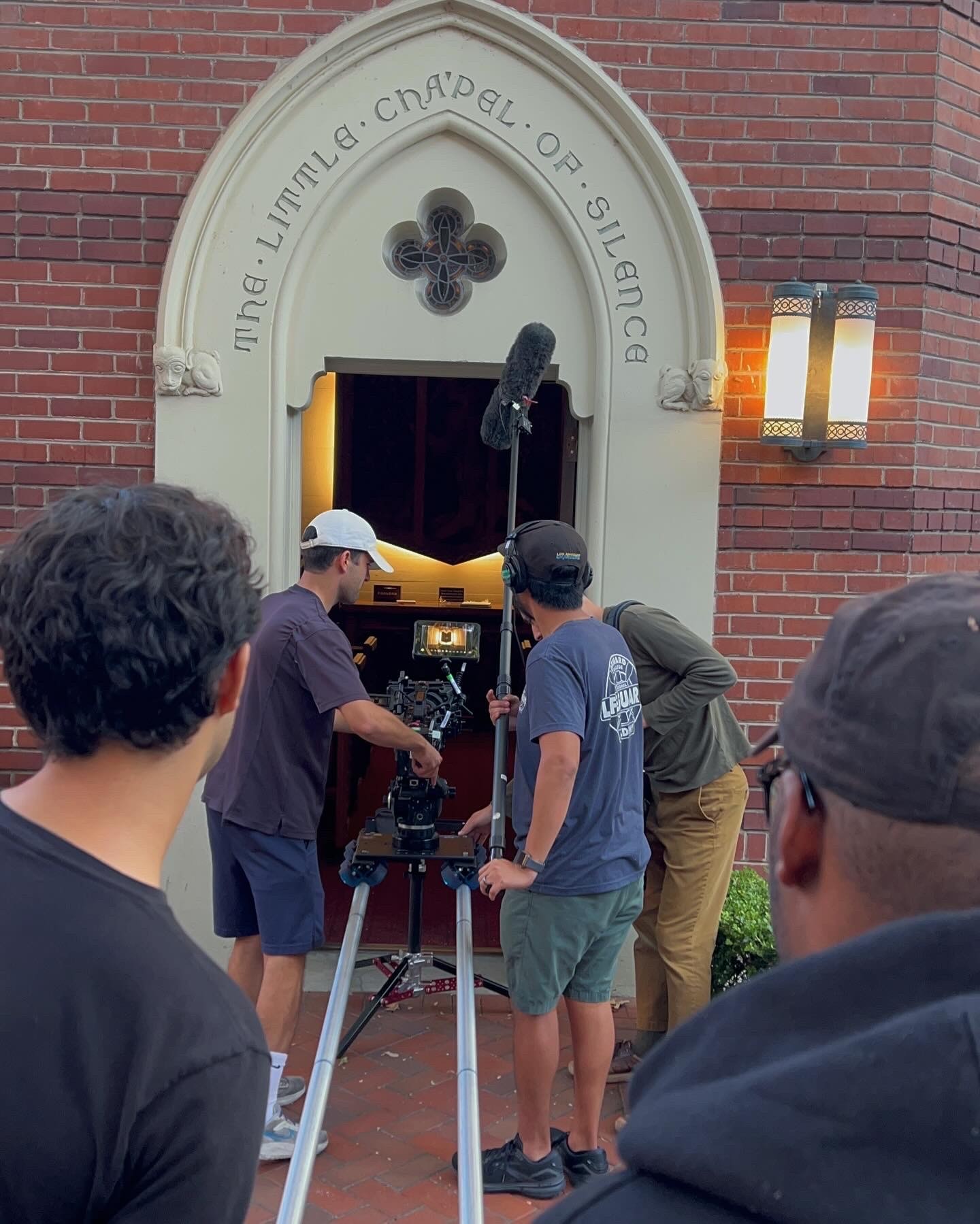
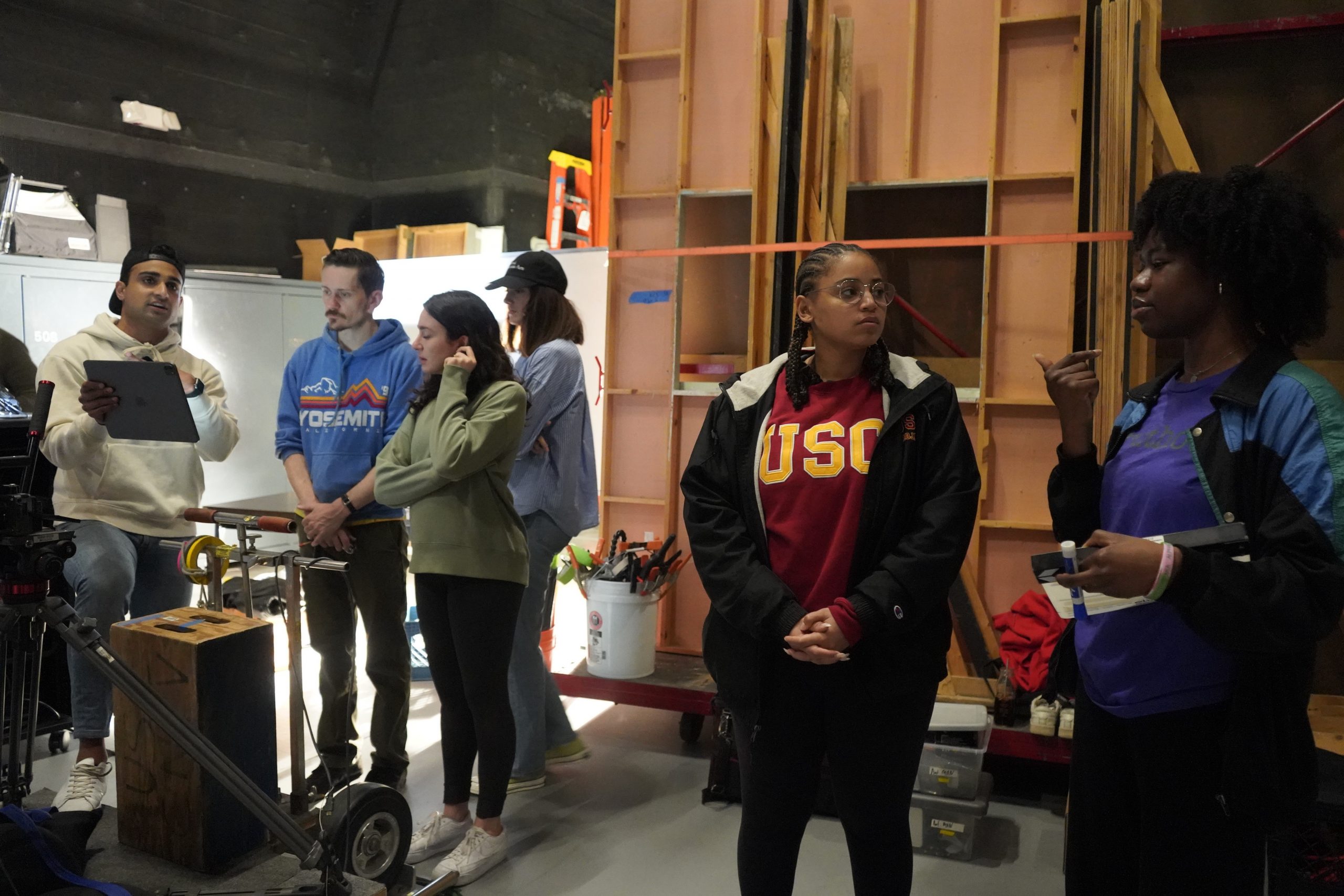
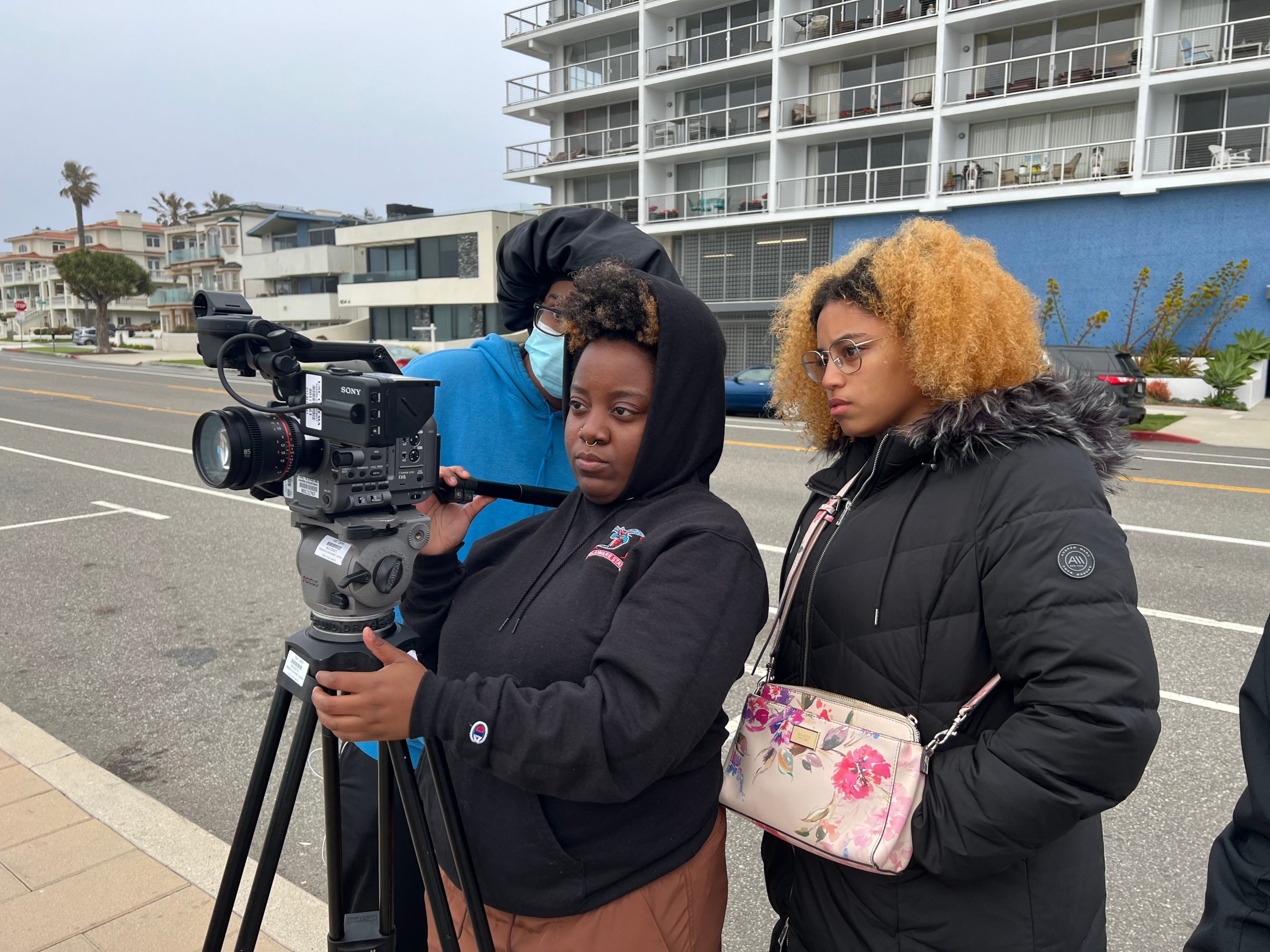
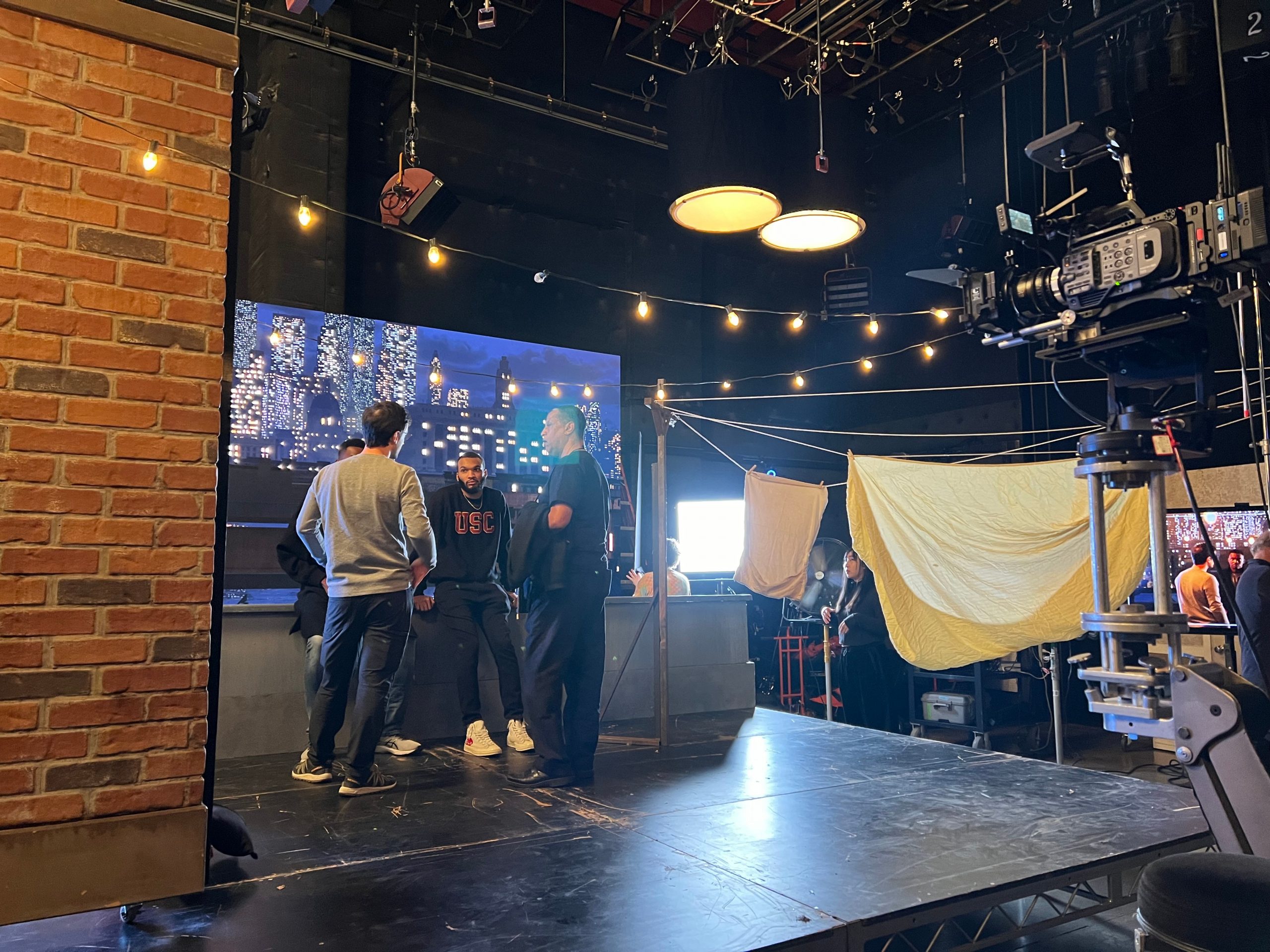

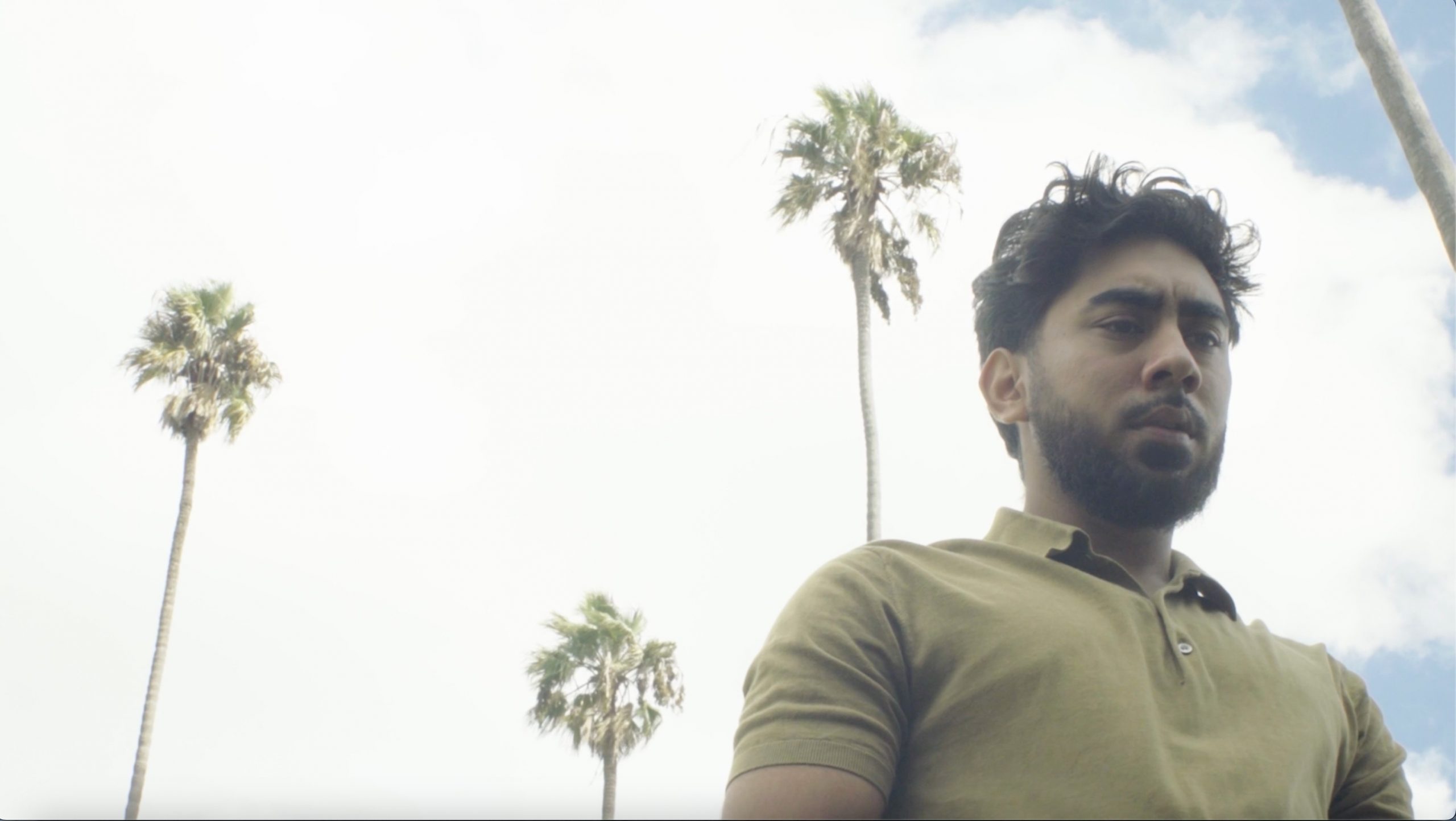
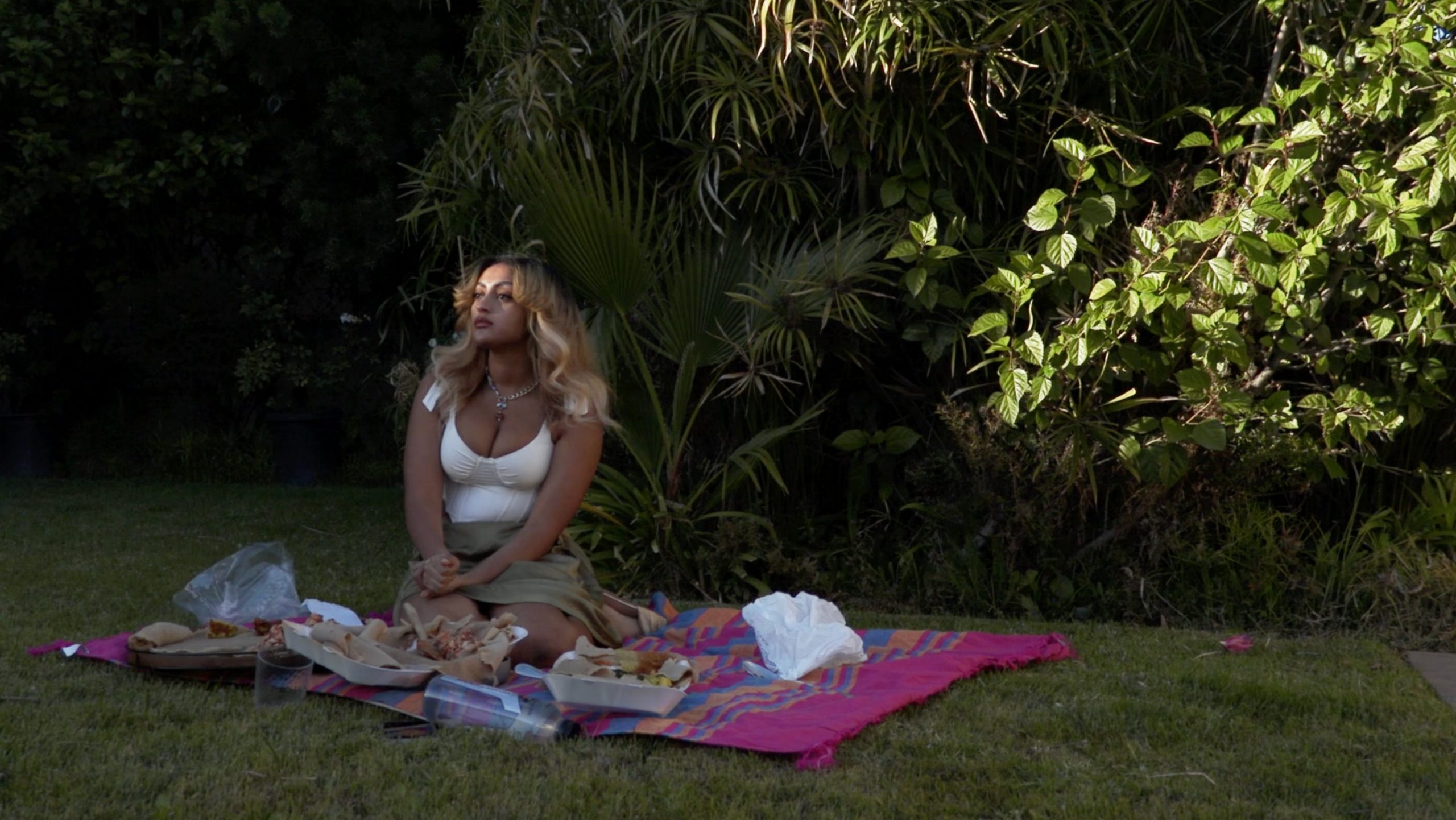
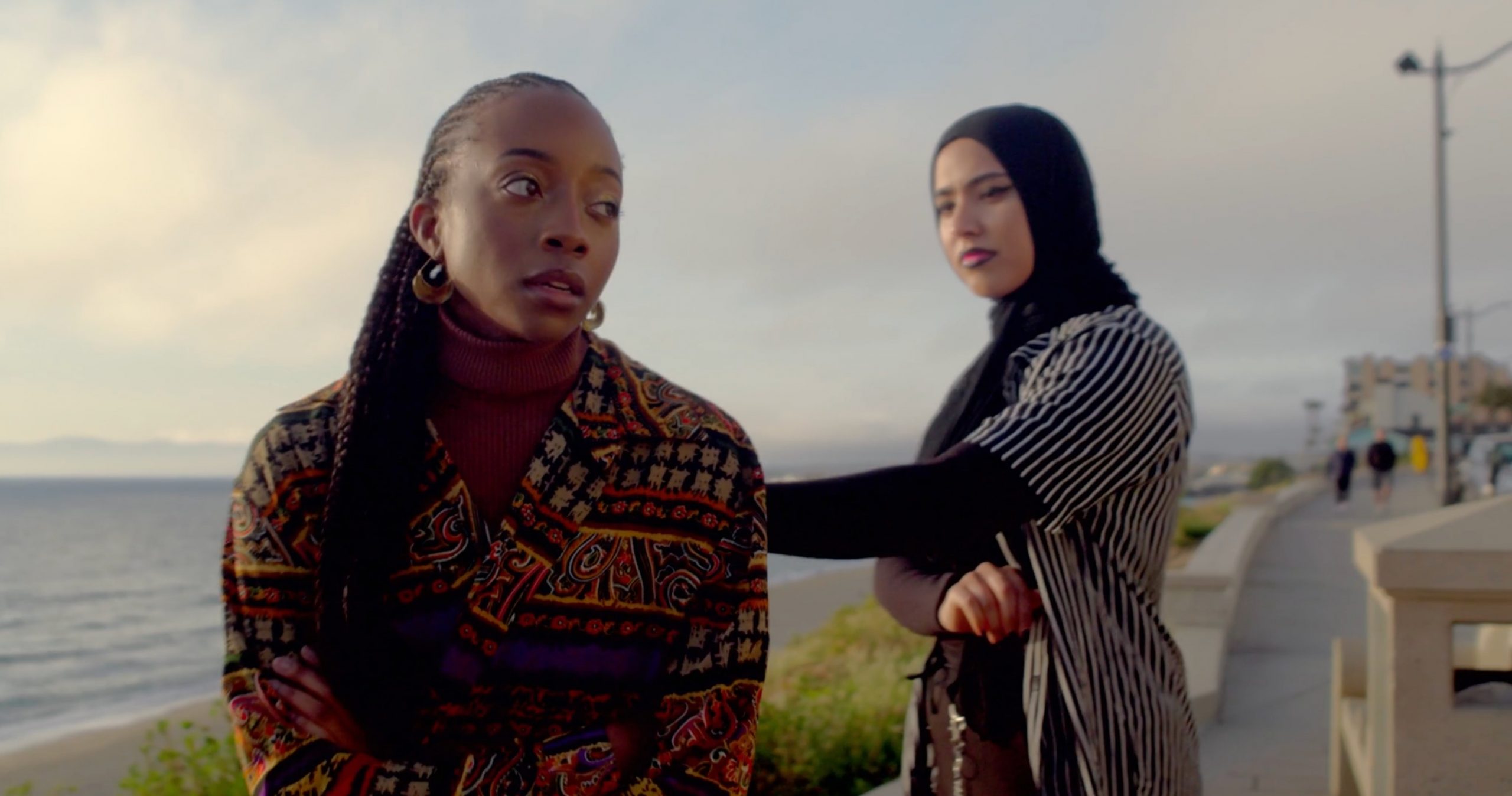
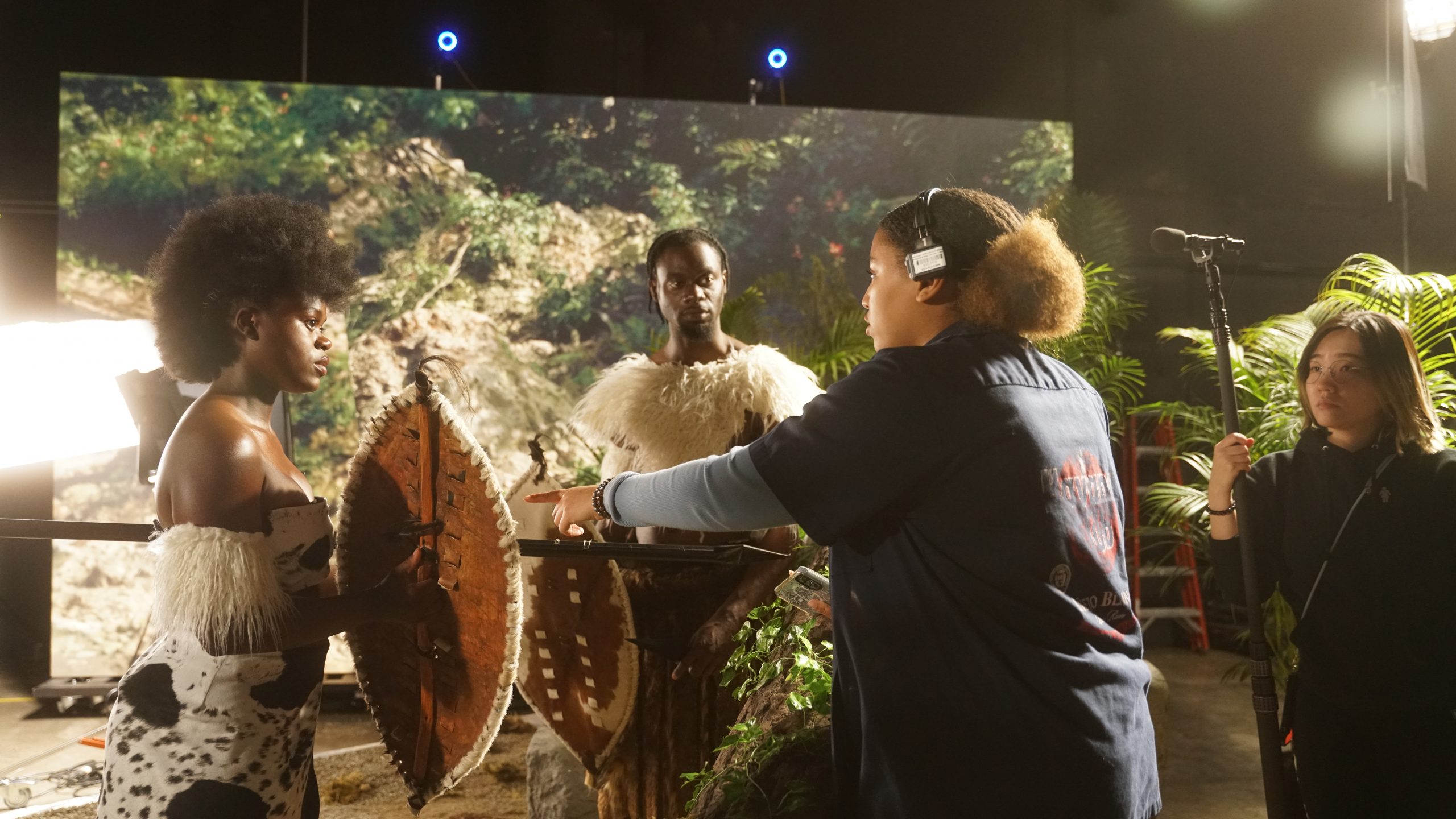
I have also directed a short film on the LED Volume Wall called Zora and the Zebra that is currently in Post-Production. Learning more about the developing technology within film has been an invaluable experience.
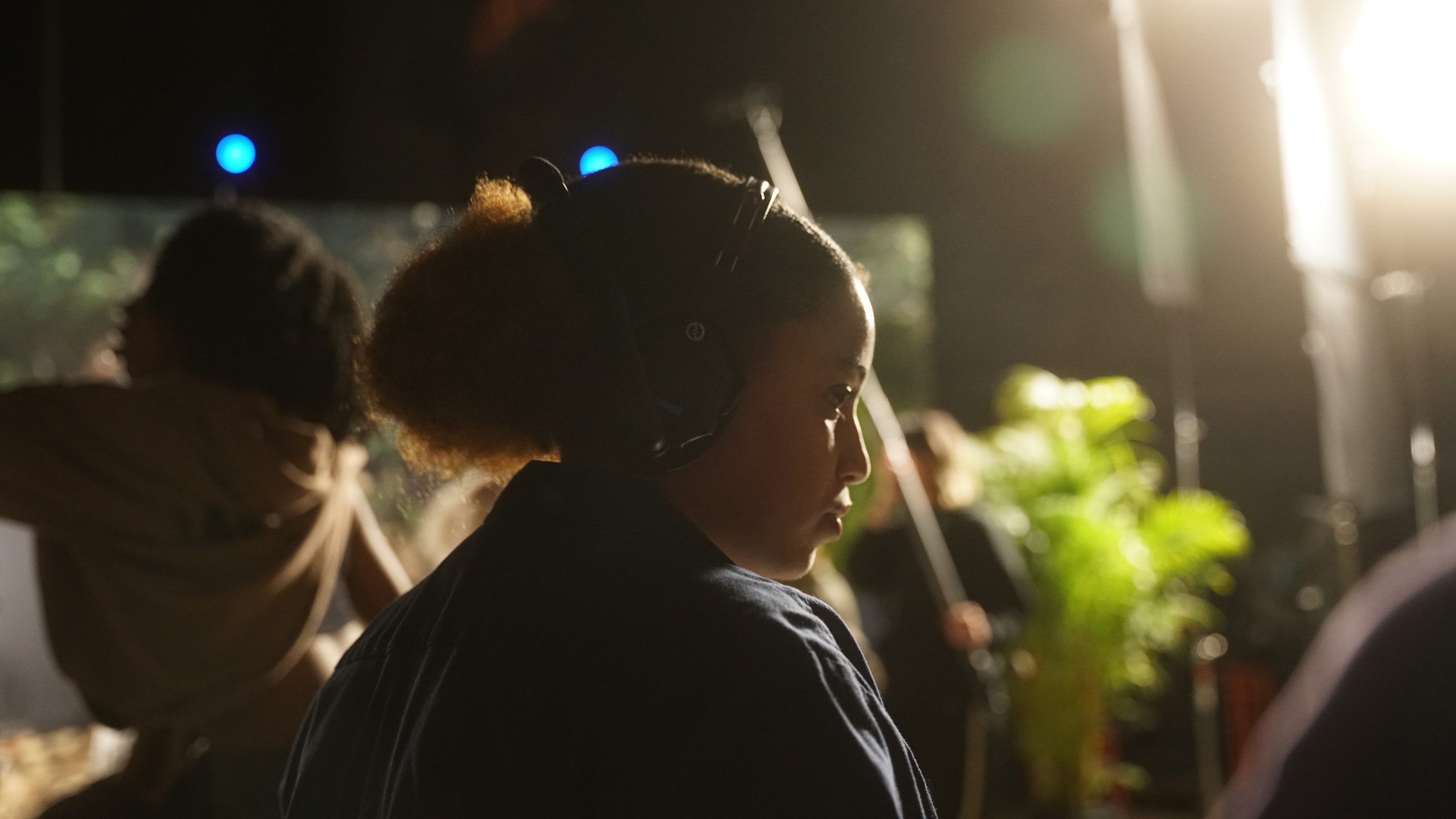
I recently was invited as a finalist to the Annapolis Shorts Challenge competition at their Film Festival for my short film titled Crown Me which deals with systematic biases within the corporate workplace.














